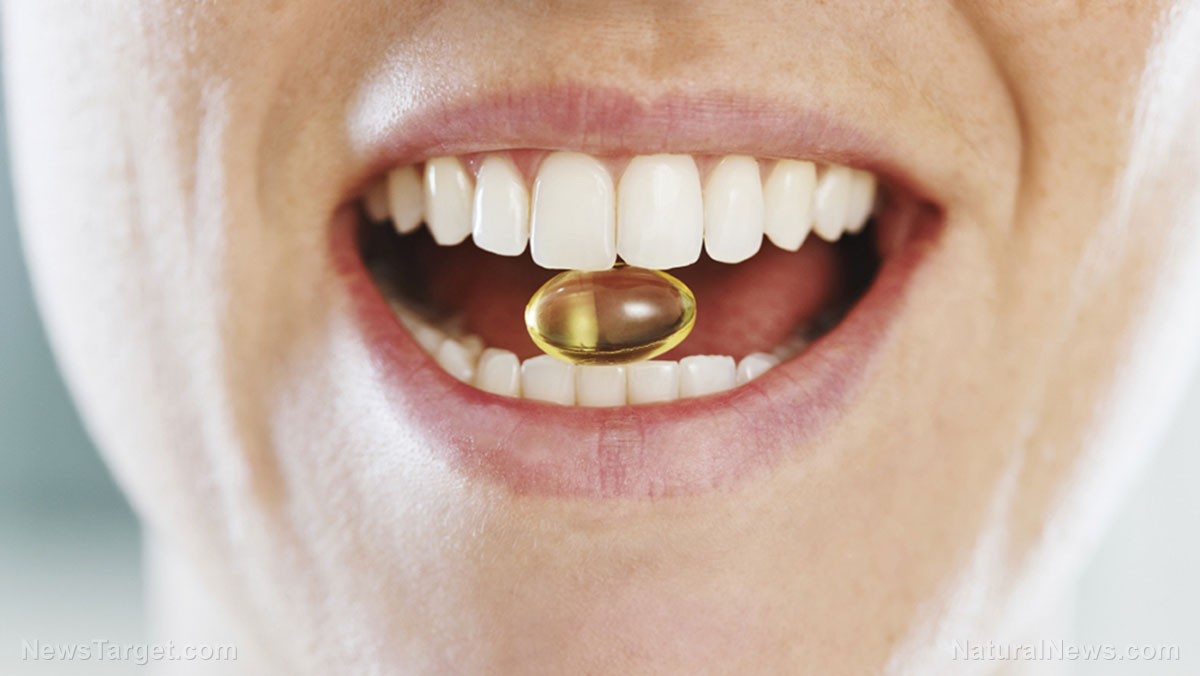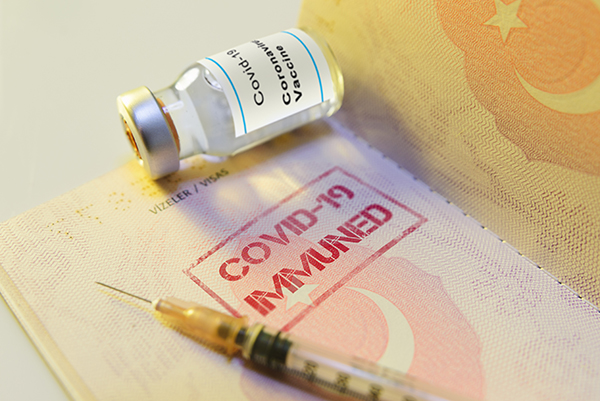Exploring the neuroprotective properties of Abelmoschus moschatus (musk mallow)
01/04/2021 / By Evangelyn Rodriguez

Researchers at Osmania University in India investigated the protective effects of Abelmoschus moschatus (musk mallow) seed extract against sodium fluoride-induced neurohistological changes in the brain. They reported their findings in an article published in the International Journal of Green Pharmacy.
- High concentrations of fluoride can negatively affect various soft tissues, including the brain, heart and kidneys, in addition to the dental and skeletal systems.
- High levels of fluoride can trigger oxidative stress, alter neurotransmitter levels and induce histological changes in the brain.
- The researchers evaluated the protective effects of A. moschatus seed extracts with particular emphasis on myelin degeneration, cell shape, size and gamma-aminobutyric acid (GABA) and aspartate alterations.
- They also observed changes in antioxidant levels (glutathione peroxidase [GSH-Px] and superoxide dismutase [SOD]), spatial navigation and learning abilities.
- The researchers divided pregnant rats into six groups with five members each.
- The control group received only normal tap water, while the fluoride group received 20 ppm fluoridated water.
- The third group received treatment with NaF (20 ppm) + the A. moschatus aqueous extract (AMAE), while the fourth group received NaF (20 ppm) + the A. moschatus ethanolic extract (AMEE).
- The fifth and sixth groups received only AMAE and AMEE. Treatment lasted for all groups for 51 days (21 gestational and 30 postnatal days [PND], beginning on Day 1 of pregnancy.
- On PND 1, 7, 14, 21 and 30, the researchers analyzed the brains of rat pups to determine antioxidant, GABA and aspartate levels.
- They also conducted behavioral studies on Days 21 and 30.
- The researchers found that NaF treatment decreased learning ability and SOD activity but increased GSH-Px activity.
- GABA and aspartate levels were also increased. GABA, aspartate and myelin play crucial roles in brain maturation.
- Meanwhile, histopathological examination of rat brains revealed that NaF decreased neural connections, networks and dendritic branches.
- The researchers also observed the degeneration of myelin sheath.
- These negative effects, however, were reversed by AMAE and AMEE treatment, with AMEE showing superior results over AMAE.
Based on these findings, the researchers concluded that the methanolic extract from A. moschatus seed exerts neuroprotective effects against fluoride toxicity.
Journal Reference:
Sudhakar K, Reddy KP. NEUROPROTECTIVE EFFECTS OF ABELMOSCHUS MOSCHATUS SEED EXTRACT ON FLUORIDE-INDUCED MYELIN DEGENERATION IN DEVELOPING BRAIN OF RATS. International Journal of Green Pharmacy. 2019;13(3):218-228. DOI: 10.22377/ijgp.v13i3.2592
Tagged Under: alternative medicine, brain health, fluoride toxicity, herbal medicine, Herbs, musk mallow seed, natural medicine, neuroprotective, prevention, remedies, research
RECENT NEWS & ARTICLES
COPYRIGHT © 2017 NATURAL MEDICINE NEWS





















